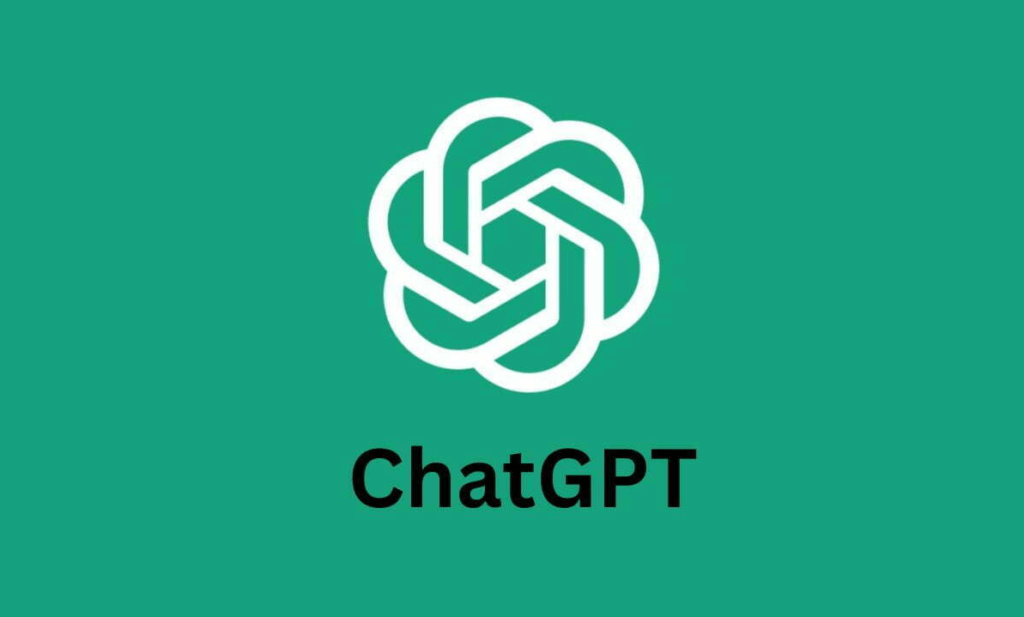Mastering Your First Job Interview: A Guide for Aspiring Game Industry Professionals
20 October 2023If you’ve already dipped your toes in the job market by looking for an opportunity within the gaming industry or feeling defeated after months of not landing your dream role, we understand. We’ve all been there and gone through the same morale-crushing process. We want to run through some of the most common hurdles we’ve collected from our own experiences and what we’ve seen with the many candidates who have applied to work with Infernozilla. Whether you have professional experience and a degree of familiarity with the entire process or are just starting out, you’ll have something to take away.
Where do I start?

It goes without saying, but there are those out there who overlook the basics’ importance. This includes an updated and well-put-together CV (curriculum vitae) or resume and a well-written, tailor-made cover letter. Again, while this might seem obvious, you would be surprised how many candidates will gloss over the quality of their CVs or apply without a cover letter.
In creating your CV, you have many options these days with free platforms such as Canva, which has a host of presentable templates to use. However, make sure to personalize these and not oversaturate them with color or designs; less is more. Regardless of your methods in creating your CV, always make sure it’s in PDF format and try to limit it to one page.
It is important to understand what an employer or recruiter is looking for on your CV or resume, as they potentially have to process hundreds of applications depending on the role. This often means they scan through them from between 6 – 8 seconds. This means that you should prioritize the readability of your resume and that a recruiter can understand the most important aspects of your experience and abilities from a glance.
Most importantly, you want to make sure your most recent roles are at the top and are dated by Month and year to be accurate. Try to include only work experience, achievements, education, and skills most relevant to the employer and try to keep it relevant for the position; experience in accounting might not be as relevant when applying to a Social Media position, for example.
The other vital component is a cover letter. If you’ve managed to put one together and send it through with your application, well done. As studies have indicated that nearly half of all job seekers tend to miss this vital step. Your cover letter is really where you get to shine and motivate why you would be a great fit for the company you’re applying to. It is also a great place to explain career gaps or give more info about your previous positions.
Your first goal is to grab the recruiter’s attention, and after the intro, where you state what you’re applying for and why – you want to highlight your most relevant achievements and strengths. Be sure that this isn’t a template you’ve reused for other job applications, as it’s immediately noticeable. Also, avoid using buzzwords for the sake of it and sounding too generic. Apart from showcasing your fit for the company in terms of skills and experience, you also want to illustrate your passion for the role and company you are applying for.
The easiest way to achieve all the above is to do research. Make sure you know all about the company’s offering/games, its potential size, its recent achievements, and its culture. Be sure not to overdo this in the cover letter, but it also becomes invaluable if you make it through to the interview stage. All in all, you want your cover letter to be about a page in length and objectively and concisely highlight your eligibility as well as your passion for the position and grab the reader’s attention.

Most importantly, do not use ChatGPT to write your Cover Letter, as this is an instant red flag for employers and is easily recognizable. Employers might have issues trusting you with writing a formal document if they spot that you used AI for a task like writing a cover letter. A final couple of pointers for both your Cover Letter and CV would be to make sure to include specifics and any metrics you’re able to mention as tangible markers of your capability and background. Also, there is some debate going around on the efficacy of including a photo of you in your CV, and while there are some upward trends around the world in having this included – the consensus is that it’s best to forgo including it as it may impact your success rate.
So what now?
You’ve done your due diligence and applied to numerous different awesome companies with a great CV and customized cover letter for each. If you haven’t gotten a response, don’t fret! What few don’t realize is the many variables and filters that could affect the success of your application.
For every job vacancy, there can be at least over 100 hopefuls on average. You can imagine there is a good chance that multiple applicants share similar skills and experience backgrounds. So don’t take this to heart if you haven’t received an interview just yet. Also, not all companies are created equal, and where some have the capacity to get back to every applicant, some might not even have an HR department or staff in charge of recruitment.
If you have landed an interview, congratulations! It will be a good idea to refresh your memory on the company you’re applying for and go over the research you’ve already done before. Examine the job description carefully and compile a list of questions you have for the employer. You also want to make sure you can anticipate what questions the interview may have for you. Whether it’s related to the position itself or notable points about your CV or cover letter, you want to make sure you can answer them with relative ease.
Finally, make sure you look presentable and confident, and if your interview is remote – be aware that your background is an extension of your presentation. If at any point you feel like the interview isn’t going well, be mindful that this is a great opportunity to practice and note where you think you can improve or where you may have gone wrong.
All in all, learning to navigate around the job market is a skill, and it does take time and practice. If you follow everything above, you will be well-equipped to find your dream job. It takes a level of tenacity and self-awareness, but you should never feel defeated in what is a common stressful process that we all go through.
Clem van der Merwe
Content Manager | Infernozilla

